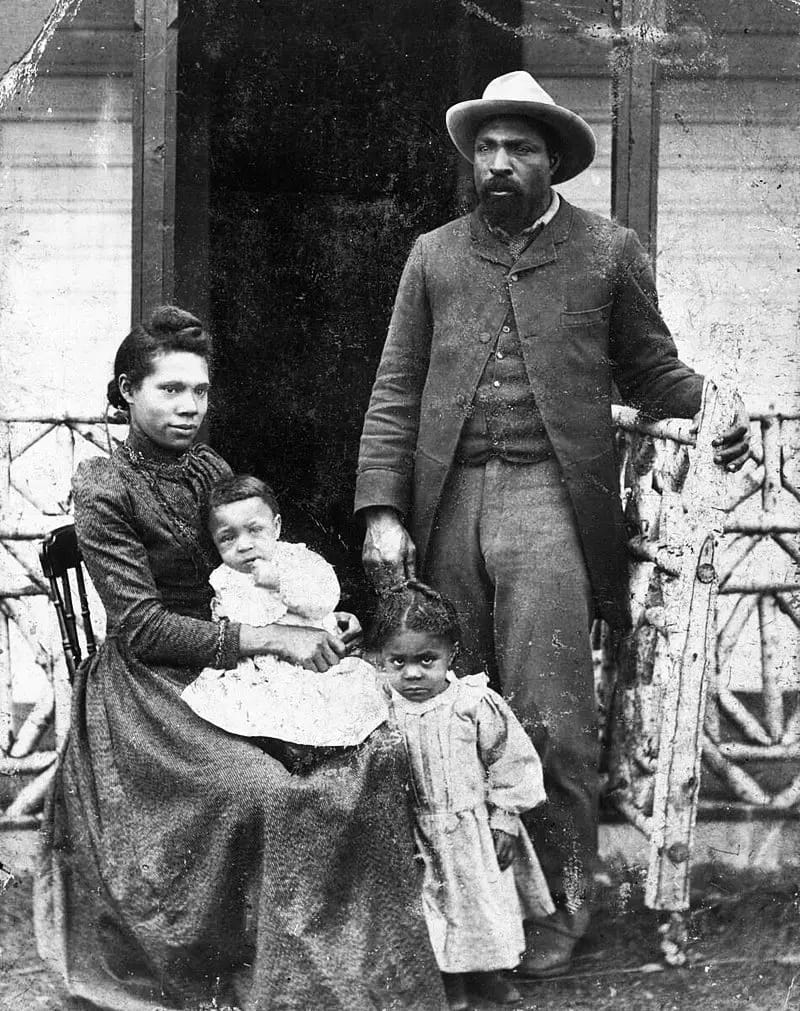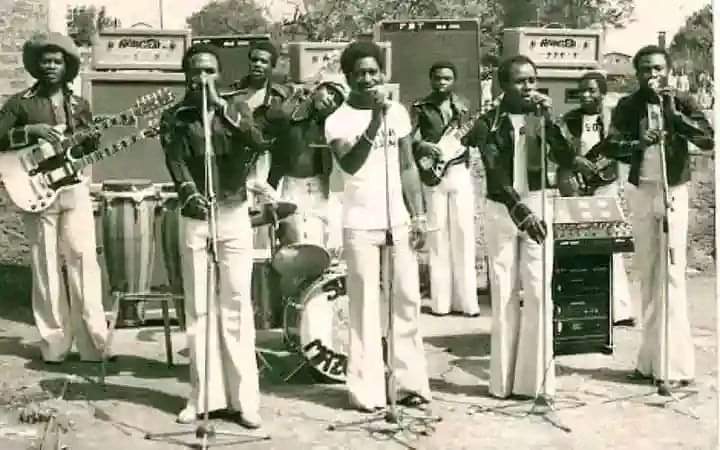John Ware was a Canadian cowboy who played a significant role in the early years of the ranching industry in Southern Alberta.

Remembered for his excellent horsemanship, he was among the first ranchers in Alberta, arriving in 1882 on a cattle drive from the United States and settling on to ranch until his death in 1905.
Biography
John Ware was born into slavery, and there is no record of his birth. The historian J. W. Grant MacEwan claimed he was born on a plantation near Georgetown, South Carolina. However, on his marriage certificate, Ware himself stated he was born in Tennessee. After the American Civil War, he left for Texas, where he learned the skills of a rancher and became a cowboy. Ware then worked his way north to Canada driving cattle from Texas to Montana. In 1882, he was hired to help bring 3,000 head of cattle from the United States to Sir Hugh Allan’s North-West Cattle Co in Alberta. After delivering his charge near Calgary, he found work at the Bar U and Quorn ranches before starting his own ranch near the Red Deer River. By 1900, he and his wife, Mildred Lewis (1871–1905), had five children. He moved from the Calgary Region to a spot northeast of the village of Duchess, Alberta.
In 1902 his first home was destroyed by the spring flood. He rebuilt his home on higher ground overlooking a stream, now called Ware Creek. In the spring of 1905, Mildred died of pneumonia, and despite being a master horseman, John was killed only months later when his horse tripped in a badger hole. The horse crushed its rider in the fall, breaking Ware’s neck. His funeral was reported to be one of the largest held in the early days of Calgary.
Like any other folk hero, there is a wide range of tales about his ability to eat, ride, and shoot, all of which contribute to the cowboy lore of the time. It is said that he was never tossed from a wild horse and that he popularized steer wrestling, which would then become a highlight of the Calgary Stampede. His story is that of a remarkable figure in history who helped to lay the foundations of the ranching industry in Western Canada and at the same time defied stereotypes.
Ware became one of the most well-respected figures on the Albertan frontier and is still an important part of Alberta’s history.

NewLatter Application For Free







